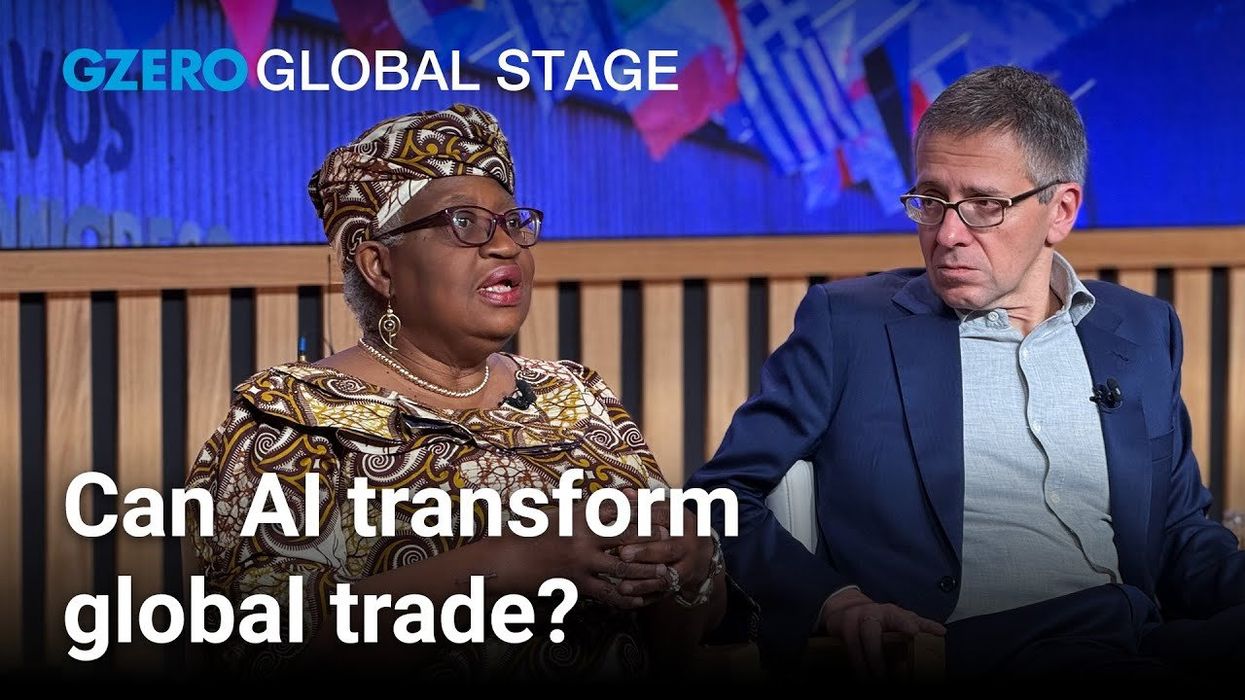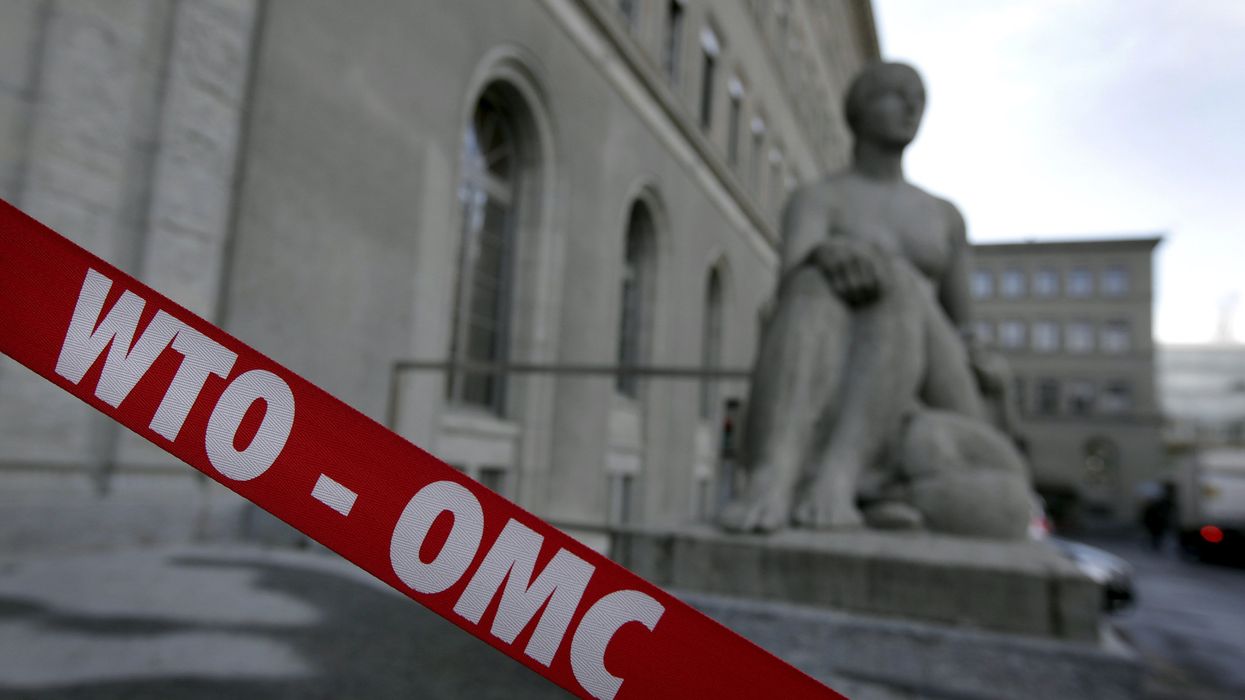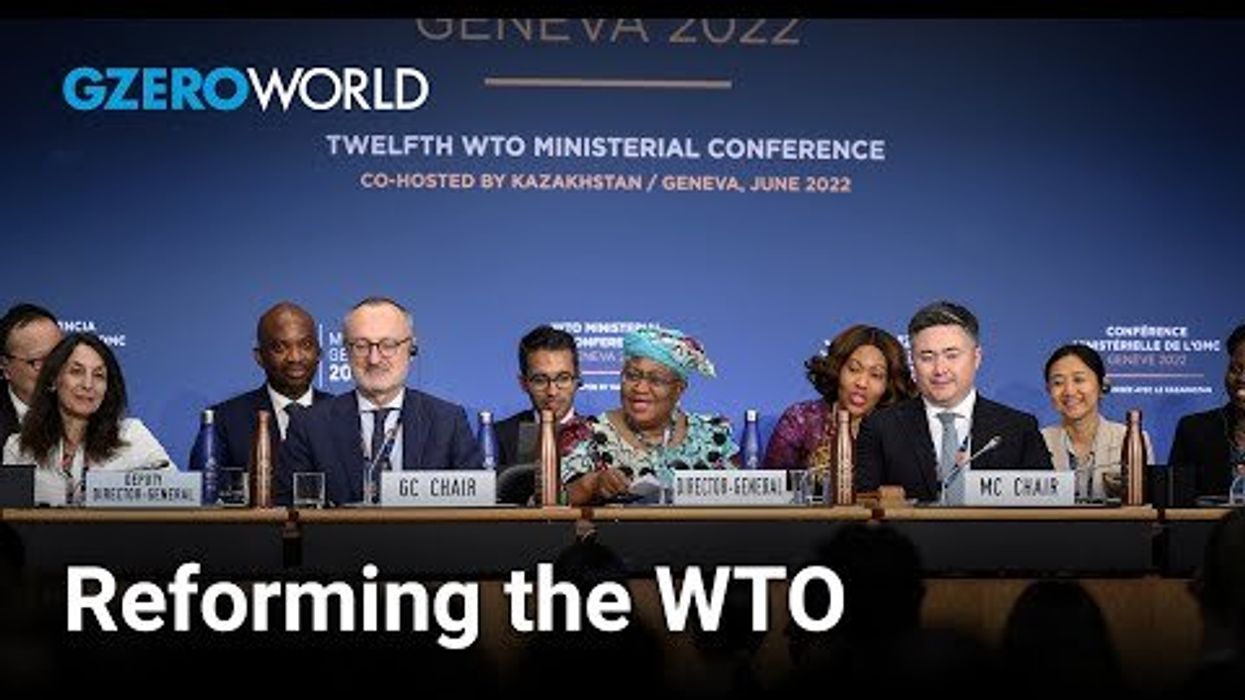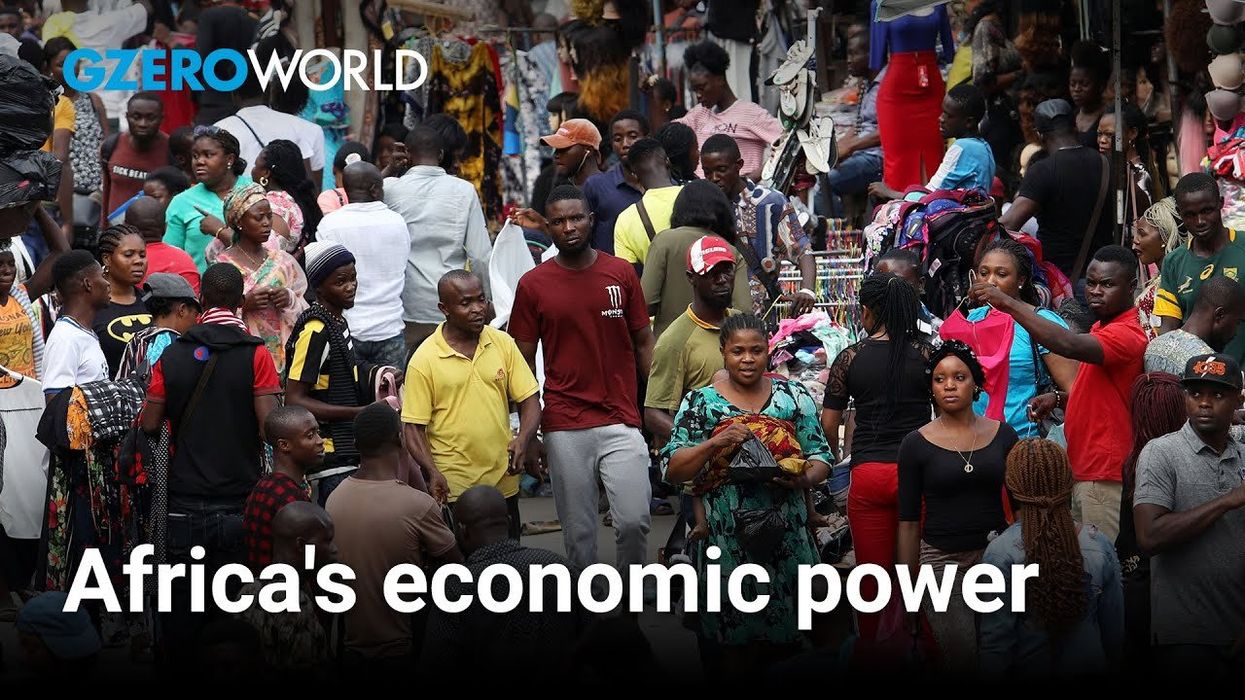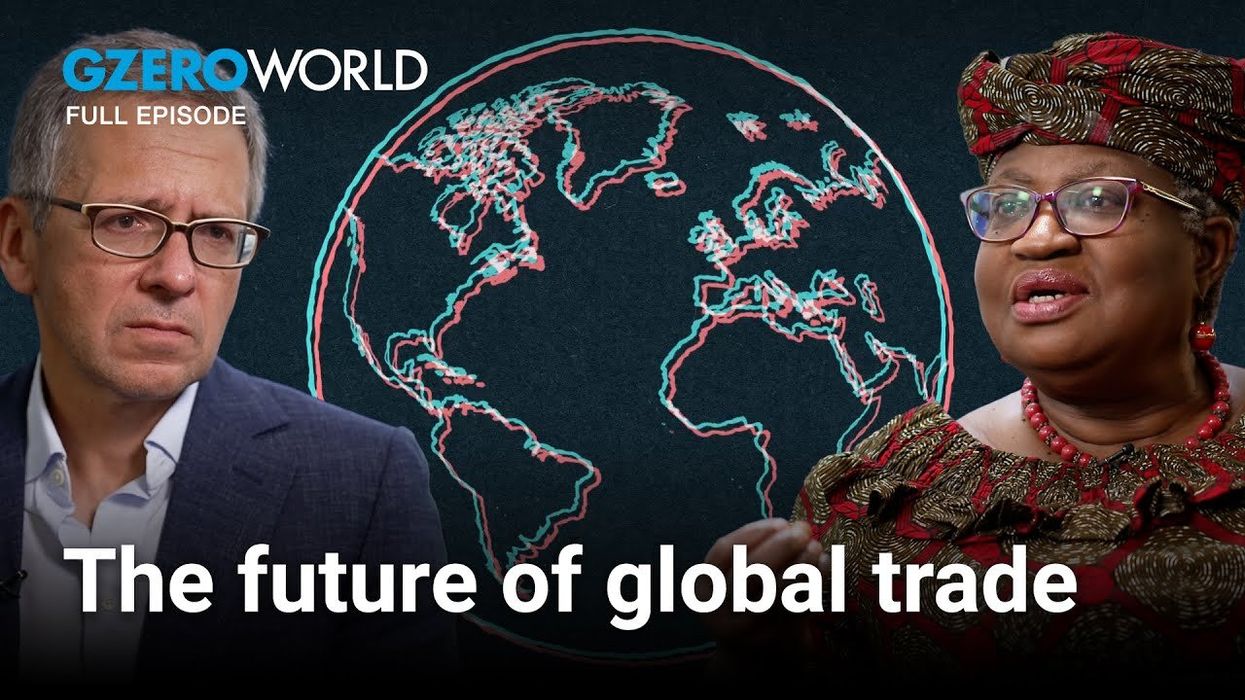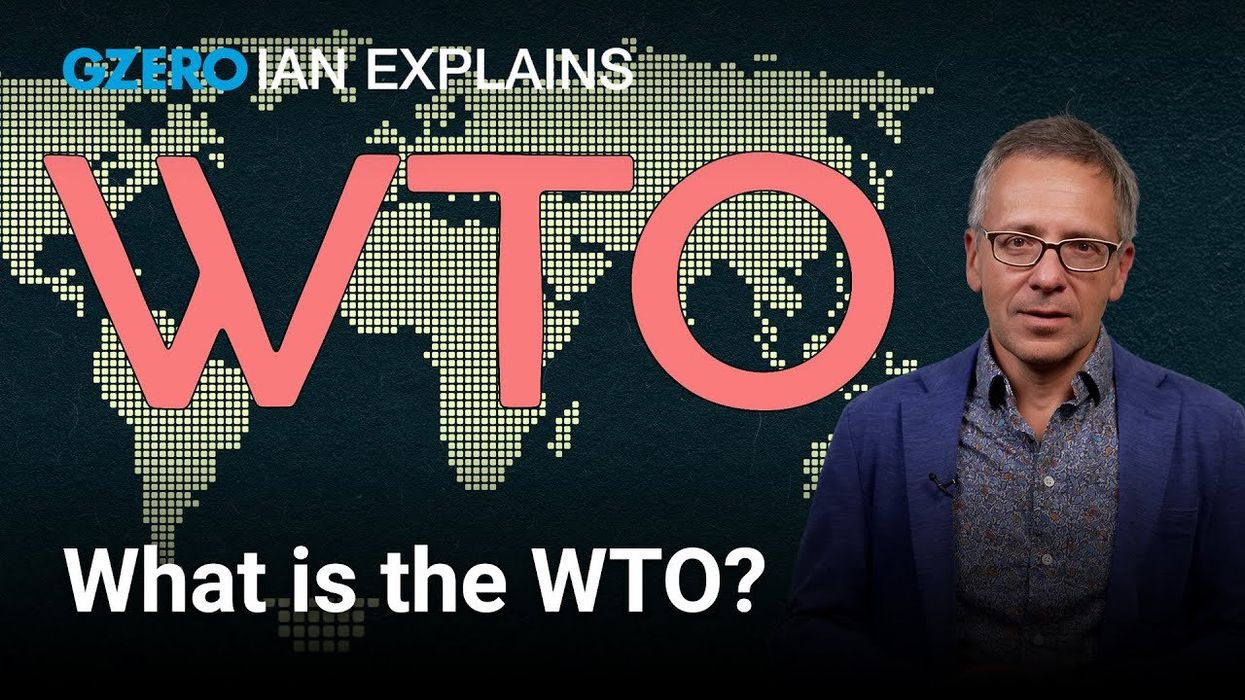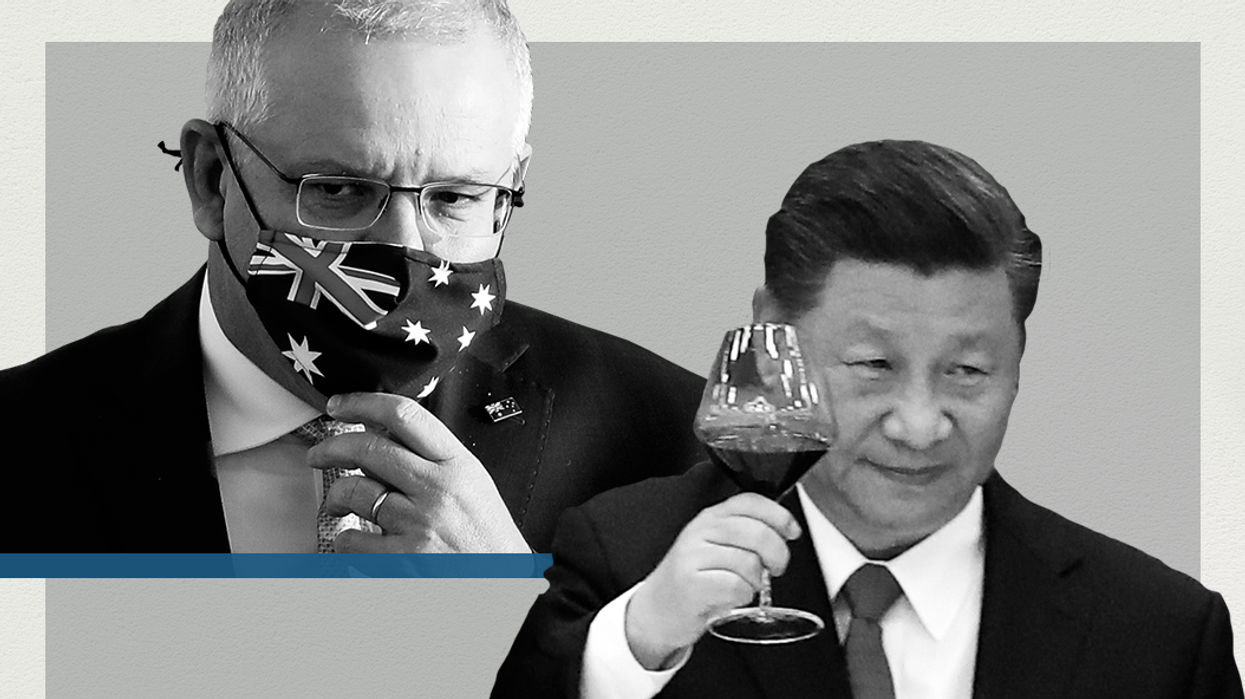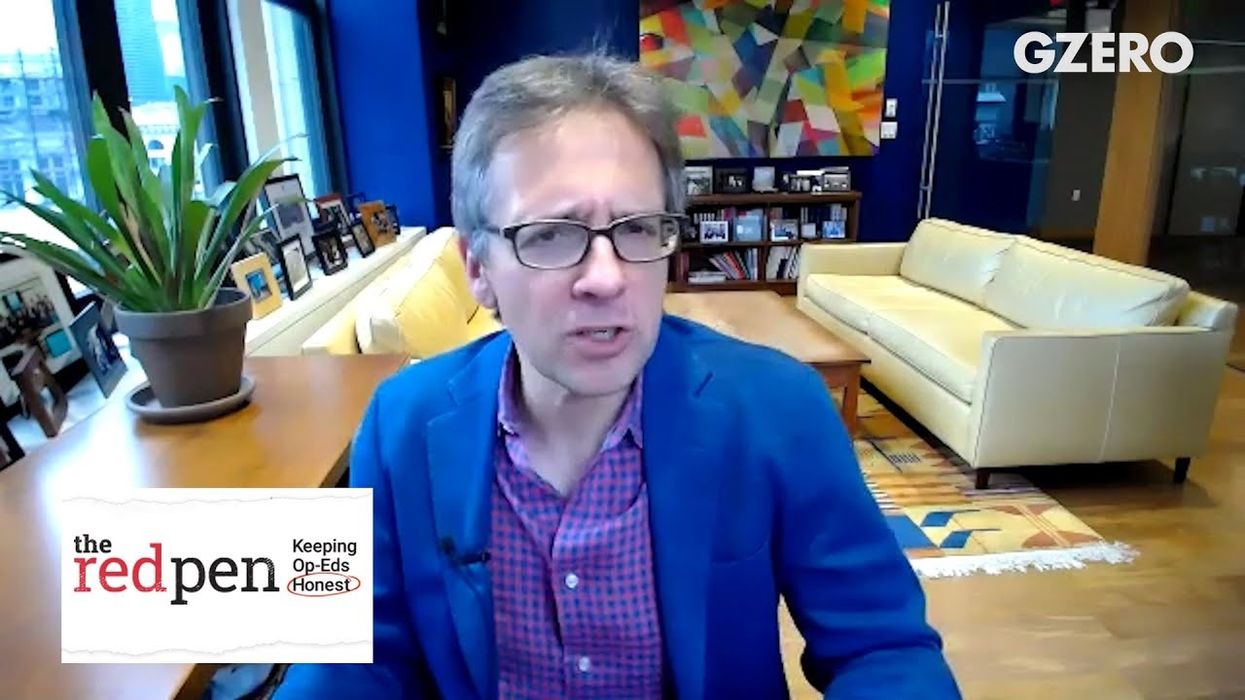World Economic Forum
AI can reduce trade costs, says WTO's Ngozi Okonojo-Iweala
"AI has (the) potential to do one thing which is very important to get developing countries more integrated into global markets and that is reduced trade costs,” said Ngozi Okonojo-Iweala, Director-General of the World Trade Organization, during a Global Stage livestream at the World Economic Forum in Davos.
Jan 30, 2025
